Here are my favorite poems about being lovesick for him categorized:
- Short lovesick poems for him
- Poems about loneliness and lovesickness for him
- Romantic lovesick poems for him
So if you want the best poems about being lovesick for him, then you’re in the right place.
Let’s get into it!
- 31 Hurtful Poems About Getting Cheated On for Him
- 47 Tender Poems About Missing Your Love for Him
- 35 Nostalgic Poems About Missing Your Ex Boyfriend
- 57 Heartrending Poems About Hurtful Love for Him
- 43 Aching Poems About Wanting an Ex Back for Him
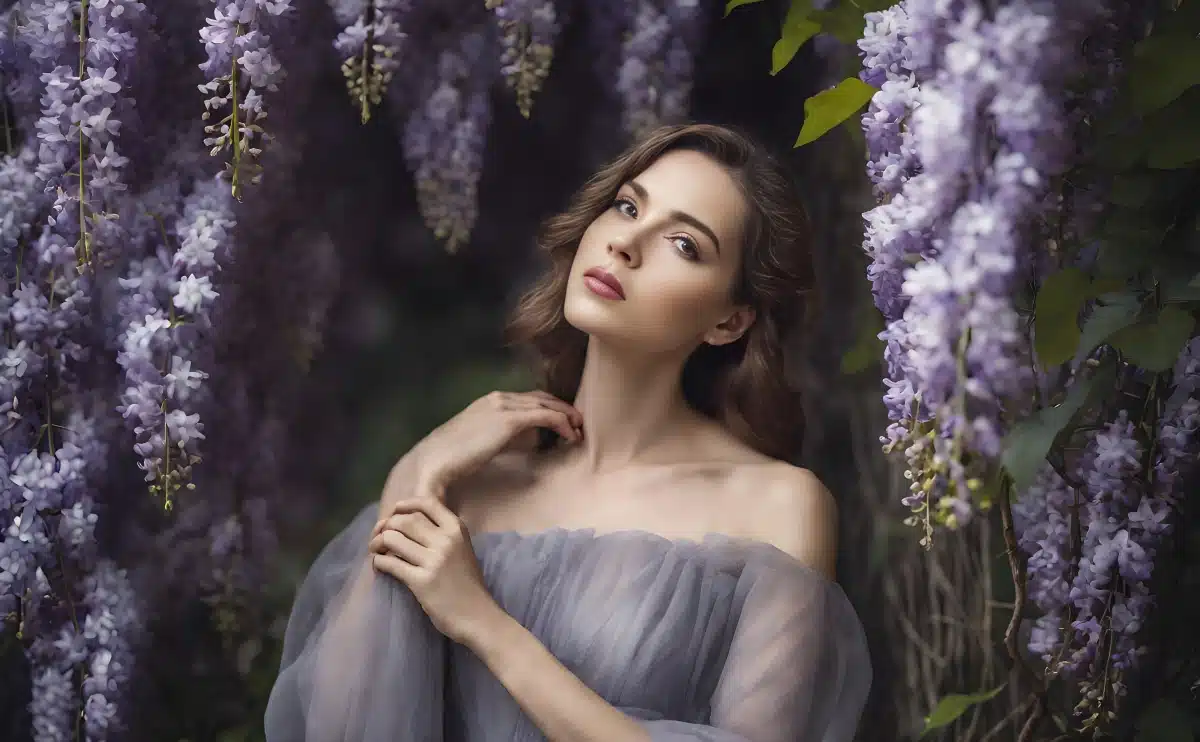
Intense Poems About Being Lovesick for Him
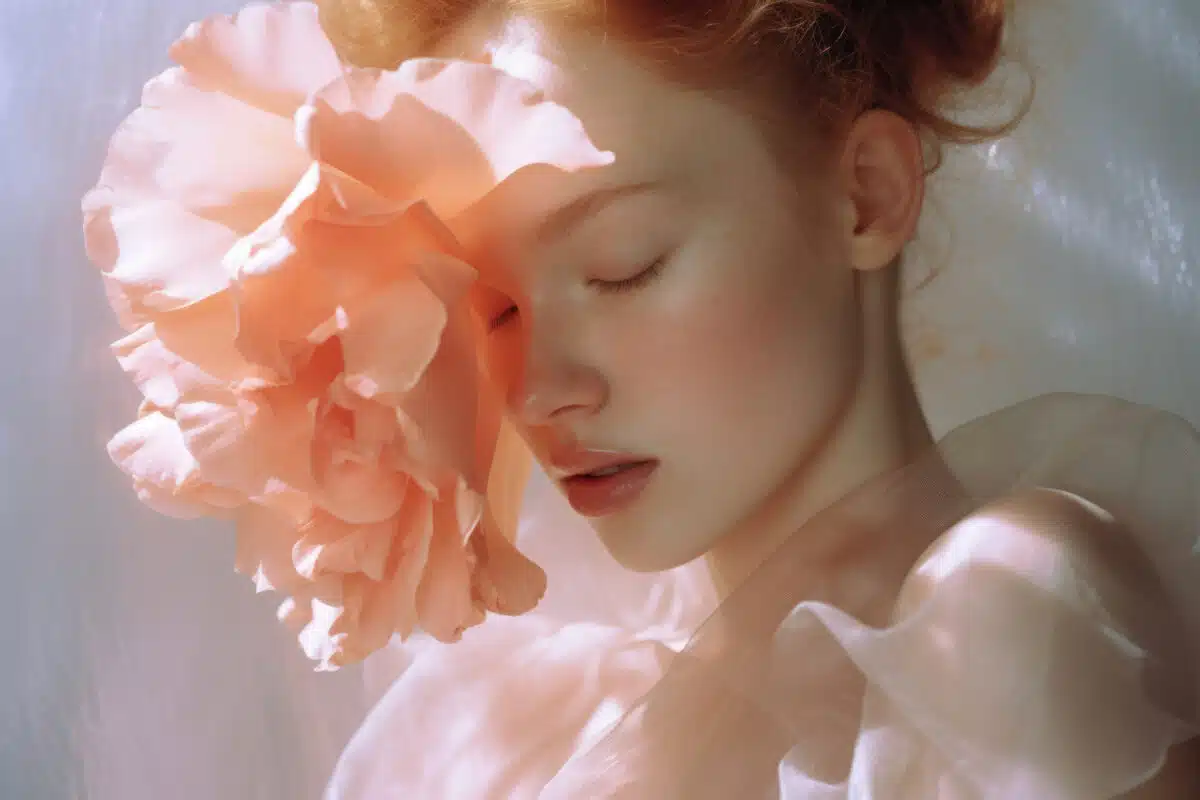
Get ready to make your heart flutter and your emotions wilder with poems that encapsulate the lovesickness for the man you love, all in one convenient corner ready for you to savor.
Alongside short verses that give you heartfelt sentiments are poems from renowned romantics that stir your soul and make your heart sing of sorrowful symphonies.
If you’re looking for poems that reminisce a love that’s lost through time or cherish the man who holds your heart, rest assured these poems are curated for your yearning heart.
Ready to be whisked away into the world of lovesickness?
Let’s jump right in!
My #1 Favorite Poem About Being Lovesick for Him

“The Sea Voyage” by Heinrich Heine (Edgar Alfred Bowring, Translator)
I leaning stood against the mast,
And told each wave of ocean;
Farewell, my beauteous fatherland!
My bark, how swift thy motion!
I pass’d my lovely mistress’ house,
The windows gleam’d all over;
But though I gazed and gazed and gazed,
No sign could I discover.
Ye tears, obscure not thus mine eyes
On this too-painful morrow;
My love-sick heart, O do not break
With overweight of sorrow!
Short Lovesick Poems for Him
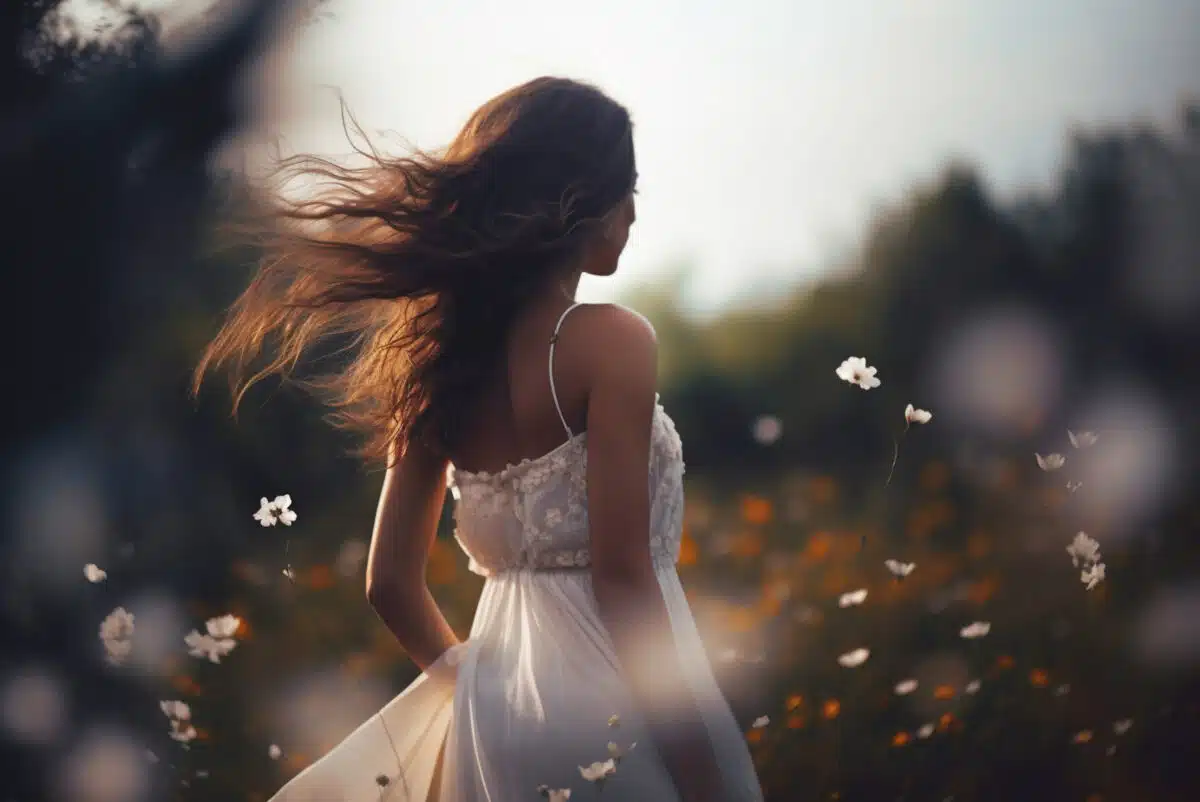
“On Himself” by Robert Herrick
Love-sick I am, and must endure
A desperate grief, that finds no cure.
Ah me! I try; and trying, prove
No herbs have power to cure love.
Only one sovereign salve I know,
And that is death, the end of woe.
“Sonnet IV” by Edna St. Vincent Millay
Here is a wound that never will heal, I know,
Being wrought not of a dearness and a death
But of a love turned ashes and the breath
Gone out of beauty; never again will grow
The grass on that scarred acre, though I sow
Young seed there yearly and the sky bequeath
Its friendly weathers down, far underneath
Shall be such bitterness of an old woe.
That April should be shattered by a gust,
That August should be leveled by a rain,
I can endure, and that the lifted dust
Of man should settle to the earth again;
But that a dream can die, will be a thrust
Between my ribs forever of hot pain.
“Love Is A Madness” by Edgar Lee Masters
Love is a madness, love is a fevered dream,
A white soul lost in a field of scarlet flowers,
Love is a search for the lost, the ever vanishing gleam
Of wings, desires and sorrows and haunted hours.
Will the look return to your eyes, the warmth to your hand?
Love is a doubt, an ache, love is a writhing fear.
Love is a potion drunk when the ship puts out from land,
Rudderless, sails at full, and with none to steer.
The end is a shattered lamp, a drunken seraph asleep,
The upturned face of the drowned on a barren beach.
The glare of noon is o’er us, we are ashamed to weep,
The beginning and end of love are devoid of speech.
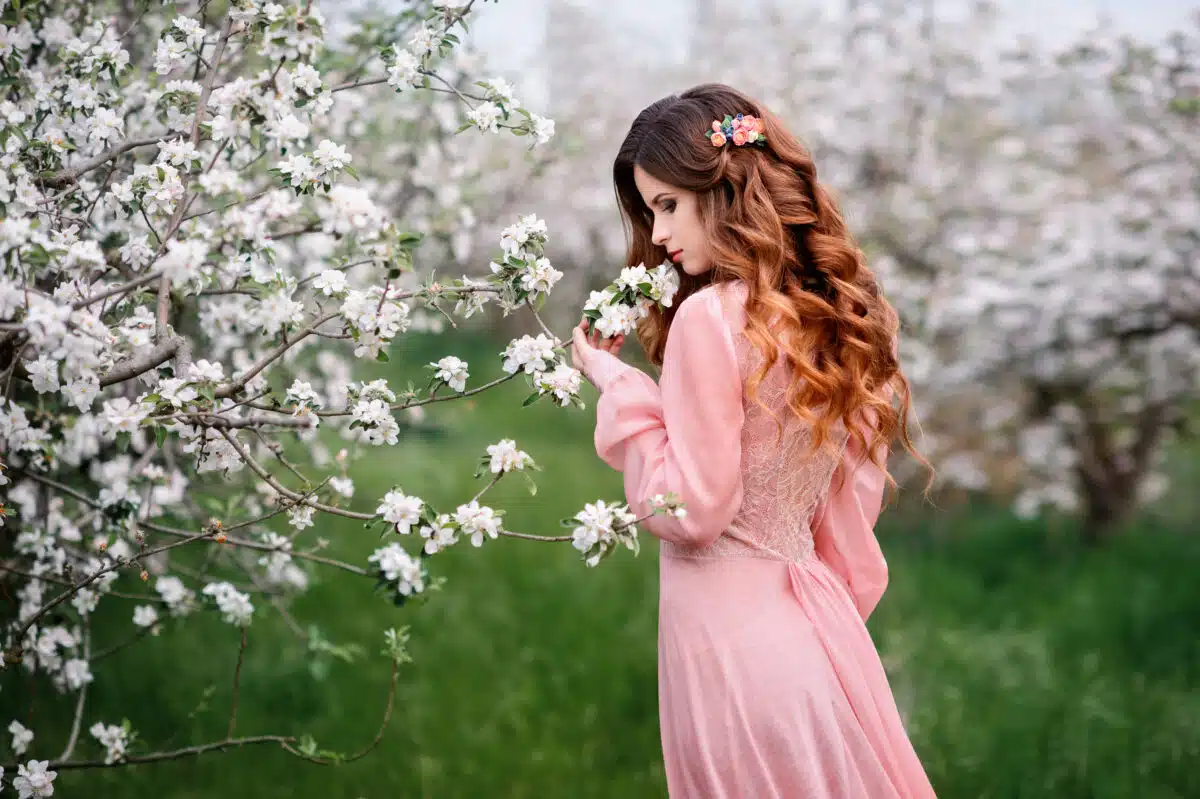
“You Will Not Come Again” by Dora Sigerson Shorter
The green has come to the leafless tree,
The earth brings forth its grain;
The flower has come for the honey bee:
You will not come again.
The birds have come to the empty nest,
All winter full of rain;
So music has come where the silence was:
You will not come again.
Love will come for the weak lambs’ cry;
Alas for my heart’s dull pain!
In the cycle of change I alone am lone:
You will not come again.
“You Smiled, You Spoke, And I Believed” by Walter Savage Landor
You smiled, you spoke, and I believed,
By every word and smile deceived.
Another man would hope no more;
Nor hope I what I hoped before:
But let not this last wish be vain;
Deceive, deceive me once again!
“Absence” by Walter Savage Landor
Here, ever since you went abroad,
If there be change no change I see:
I only walk our wonted road,
The road is only walk’d by me.
Yes; I forgot; a change there is,
Was it of that you bade me tell?
I catch at times, at times I miss
The sight, the tone, I know so well.
Only two months since you stood here?
Two shortest months? Then tell me why
Voices are harsher than they were,
And tears are longer ere they dry.

“After Parting” by Henry Kendall
I cannot tell what change hath come to you
To vex your splendid hair. I only know
One grief. The passion left betwixt us two,
Like some forsaken watchfire, burneth low.
‘Tis sad to turn and find it dying so,
Without a hope of resurrection! Yet,
O radiant face that found me tired and lone!
I shall not for the dear, dead past forget
The sweetest looks of all the summers gone.
Ah! time hath made familiar wild regret;
For now the leaves are white in last year’s bowers,
And now doth sob along the ruined leas
The homeless storm from saddened southern seas,
While March sits weeping over withered flowers.
“Absence” by Maurice Henry Hewlett
When she had left us but a little while
Methought I sensed her spirit here and there
About my house: upon the empty stair
Her robe brusht softly; o’er her chamber still
There lay her fragrant presence to beguile
Numb heart, dead heart. I knelt before her chair,
And praying felt her hand laid on my hair,
Felt her sweet breath, and guess’d her wistful smile.
Then thro’ my tears I lookt about the room,
But she was gone. I heard my heart beat fast;
The street was silent; I could not see her now.
Sorrow and I took up our load, and past
To where our station was with heads bent low,
And autumn’s death-moan shiver’d thro’ the gloom.
“Alone” by James Joyce
The noon’s greygolden meshes make
All night a veil,
The shorelamps in the sleeping lake
Laburnum tendrils trail.
The sly reeds whisper to the night
A name, her name,
And all my soul is a delight,
A swoon of shame.
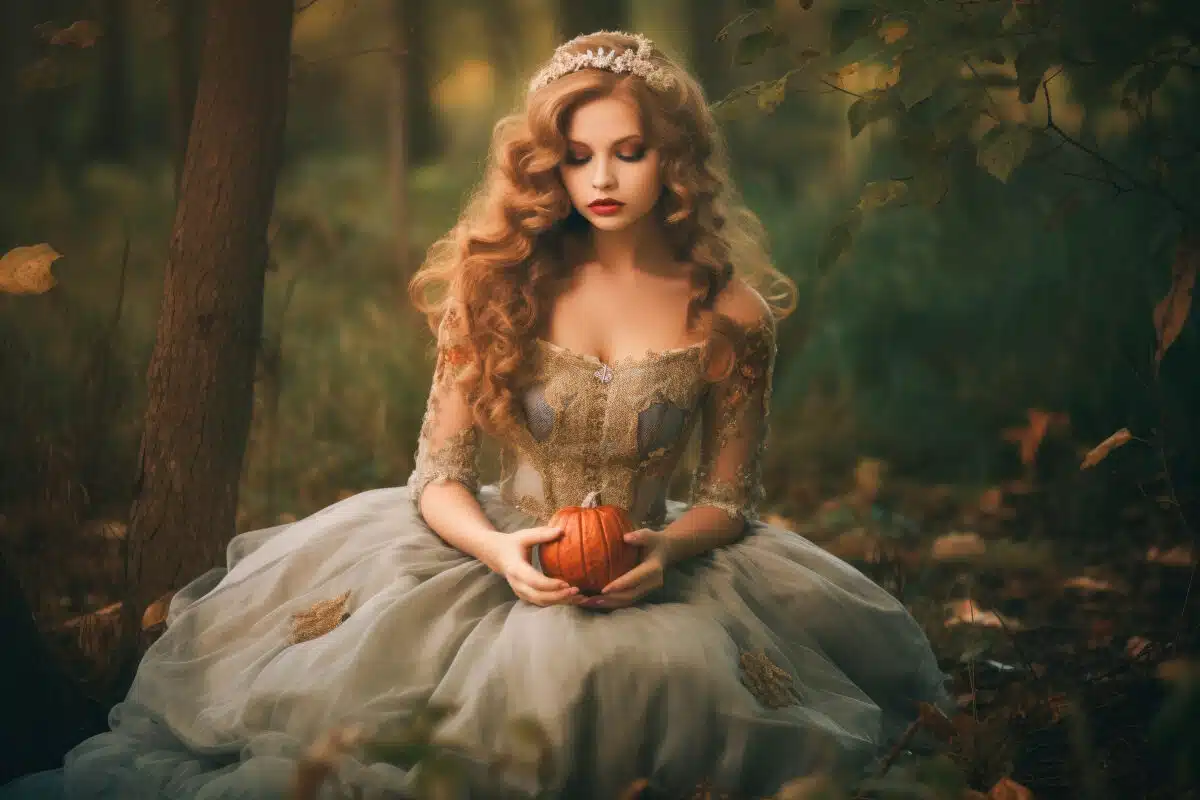
“Absence” by William Lisle Bowles
There is strange music in the stirring wind,
When lowers the autumnal eve, and all alone
To the dark wood’s cold covert thou art gone,
Whose ancient trees on the rough slope reclined
Rock, and at times scatter their tresses sere.
If in such shades, beneath their murmuring,
Thou late hast passed the happier hours of spring,
With sadness thou wilt mark the fading year;
Chiefly if one, with whom such sweets at morn
Or evening thou hast shared, afar shall stray.
O Spring, return! return, auspicious May!
But sad will be thy coming, and forlorn,
If she return not with thy cheering ray,
Who from these shades is gone, far, far away.
“Alone” by Lennox Amott
Alone in my chamber, forsaken, unsought,
My spirit’s enveloped in shadows of night,
Is there no one to give me a smile or a thought?
Is there none to restore to me faded delight?
The zephyrs disport with a light-bosomed song,
And the joy-laden songsters flit over the lea–
Yet the hours of the spring as they hurry along
Bring nothing but sadness and sighing to me!
There were friends–but their love is departed and dead,
And alone must the tear-drop disconsolate start,
All the beauty of Life, all its sweetness is fled,
Oh, who shall unburden this weight at my heart!
“Where?” by Walter De La Mare
Where is my love —
In silence and shadow she lies,
Under the April—grey, calm waste of the skies;
And a bird above,
In the darkness tender and clear,
Keeps saying over and over, Love lies here!
Not that she’s dead;
Only her soul is flown
Out of its last pure earthly mansion;
And cries instead
In the darkness, tender and clear,
Like the voice of a bird in the leaves, Love—love lies here.

“After Two Days” by Eric Mackay
Another night has turned itself to day,
Another day has melted into eve,
And lo! again I tread the measured way
Of word and thought, the twain to interweave,
As flowers absorb the rays that they receive.
And, all along the woodland where I stray,
I think of thee, and Nature keeps me gay,
And sorrow soothes the soul it would bereave.
Nor will I fear that thou, so far apart,
So dear to me, so fair, and so benign,
Wilt un-desire the fealty of a heart
Which evermore is pledg’d to thee and thine,
And turns to thee, in regions where thou art,
To hymn the praises of thy face divine!
“The Falling Of The Leaves” by W. B. Yeats
Autumn is over the long leaves that love us,
And over the mice in the barley sheaves;
Yellow the leaves of the rowan above us,
And yellow the wet wild-strawberry leaves.
The hour of the waning of love has beset us,
And weary and worn are our sad souls now;
Let us part, ere the season of passion forget us,
With a kiss and a tear on thy drooping brow.
“To —” by Alfred Lord Tennyson
Sainted Juliet! dearest name!
If to love be life alone,
Divinest Juliet,
I love thee, and live; and yet
Love unreturned is like the fragrant flame
Folding the slaughter of the sacrifice
Offered to Gods upon an altarthrone;
My heart is lighted at thine eyes,
Changed into fire, and blown about with sighs.

“Sonnet XXIII” by George Santayana
But is this love, that in my hollow breast
Gnaws like a silent poison, till I faint?
Is this the vision that the haggard saint
Fed with his vigils, till he found his rest?
Is this the hope that piloted thy quest,
Knight of the Grail, and kept thy heart from taint?
Is this the heaven, poets, that ye paint?
Oh, then, how like damnation to be blest!
This is not love: it is that worser thing—
Hunger for love, while love is yet to learn.
Thy peace is gone, my soul; thou long must yearn.
Long is thy winter’s pilgrimage, till spring
And late home-coming; long ere thou return
To where the seraphs covet not, and burn.
“Longing” by Sara Teasdale
I am not sorry for my soul
That it must go unsatisfied,
For it can live a thousand times,
Eternity is deep and wide.
I am not sorry for my soul,
But oh, my body that must go
Back to a little drift of dust
Without the joy it longed to know.
Poems About Loneliness and Lovesickness for Him
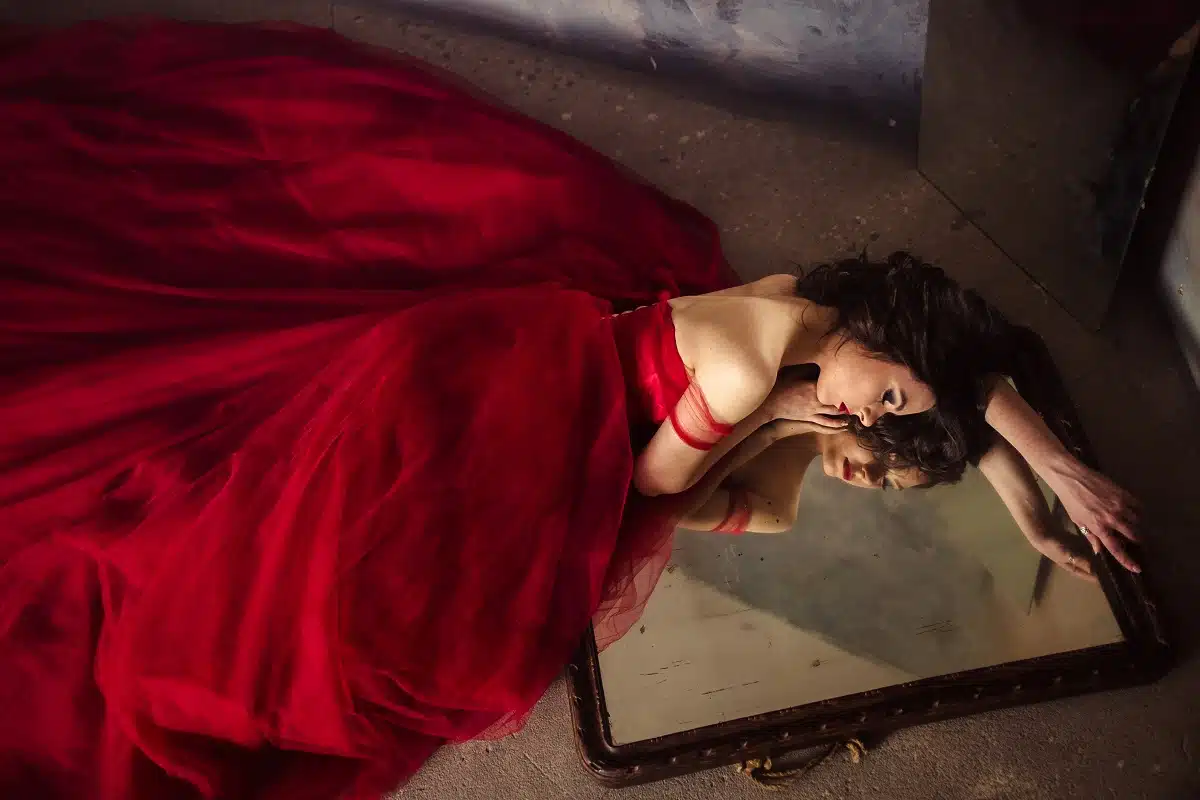
“Yearning” by Heinrich Heine (Edgar Alfred Bowring, Translator)
With sweetheart on arm, all my comrades with joy
Beneath the linden trees move;
But I, alas, poor desolate boy,
In utter solitude rove.
Mine eye grows dim, my heart is oppress’d,
When happy lovers I see;
For a sweetheart by me is also possess’d,
But, alas, far distant is she.
I have borne it for years, with a heart fit to break,
But no longer can bear with the pain;
So pack up my bundle, my pilgrim’s staff take,
And start on my travels again.
And onward I go for hundreds of miles,
Till I come to a city renown’d;
A noble river beneath it smiles,
With three stately towers ’tis crown’d.
And now my late sorrows no longer annoy,
Made happy at last is my love;
For there, with my sweetheart on arm, I with joy
Can beneath the sweet linden trees rove.
“Love-Doubt” by Archibald Lampman
Yearning upon the faint rose-curves that flit
About her child-sweet mouth and innocent cheek,
And in her eyes watching with eyes all meek
The light and shadow of laughter, I would sit
Mute, knowing our two souls might never knit;
As if a pale proud lily-flower should seek
The love of some red rose, but could not speak
One word of her blithe tongue to tell of it.
For oh, my Love was sunny-lipped and stirred
With all swift light and sound and gloom not long
Retained; I, with dreams weighed, that ever heard
Sad burdens echoing through the loudest throng
She, the wild song of some May-merry bird;
I, but the listening maker of a song.
“The Cruel Maid” by Robert Herrick
And cruel maid, because I see
You scornful of my love and me,
I’ll trouble you no more; but go
My way where you shall never know
What is become of me: there I
Will find me out a path to die,
Or learn some way how to forget
You and your name for ever: yet,
Ere I go hence, know this from me,
What will, in time, your fortune be:
This to your coyness I will tell,
And, having spoke it once, farewell.
The lily will not long endure,
Nor the snow continue pure;
The rose, the violet, one day,
See, both these lady-flowers decay:
And you must fade as well as they.
And it may chance that Love may turn,
And, like to mine, make your heart burn
And weep to see’t; yet this thing do,
That my last vow commends to you:
When you shall see that I am dead,
For pity let a tear be shed;
And, with your mantle o’er me cast,
Give my cold lips a kiss at last:
If twice you kiss you need not fear
That I shall stir or live more here.
Next, hollow out a tomb to cover
Me—me, the most despisèd lover,
And write thereon: This, reader, know:
Love kill’d this man. No more, but so.

“Absence” by William Lisle Bowles
How shall I cheat the heavy hours, of thee
Deprived, of thy kind looks and converse sweet,
Now that the waving grove the dark storms beat,
And wintry winds sad sounding o’er the lea,
Scatter the sallow leaf! I would believe,
Thou, at this hour, with tearful tenderness
Dost muse on absent images, and press
In thought my hand, and say: Oh do not grieve,
Friend of my heart! at wayward fortune’s power;
One day we shall be happy, and each hour
Of pain forget, cheered by the summer ray.
These thoughts beguile my sorrow for thy loss,
And, as the aged pines their dark heads toss,
Oft steal the sense of solitude away.
So am I sadly soothed, yet do I cast
A wishful glance upon the seasons past,
And think how different was the happy tide,
When thou, with looks of love, wert smiling by my side.
“Alone And Cold” by John Frederick Freeman
Do not, O do not use me
As you have used others.
Better you did refuse me:
You have refused others.
Better, far better hope to banish
A small child than, grown old,
Hope should decay, his vigour vanish,
And I be left alone and
Cold, cold.
Ah, use no guile nor cunning
If you should even yet love me.
Hark, Time with Love is running,
Death cloud-like floats above me.
Love me with such simplicity
As children, frankly bold,
Do love with; oh, never pity me,
Though I be left alone and
Cold, cold.
“A Leave-Taking” by Algernon Charles Swinburne
Let us go hence, my songs; she will not hear.
Let us go hence together without fear;
Keep silence now, for singing-time is over,
And over all old things and all things dear.
She loves not you nor me as all we love her.
Yea, though we sang as angels in her ear,
She would not hear.
Let us rise up and part; she will not know.
Let us go seaward as the great winds go,
Full of blown sand and foam; what help is here?
There is no help, for all these things are so,
And all the world is bitter as a tear.
And how these things are, though ye strove to show,
She would not know.
Let us go home and hence; she will not weep.
We gave love many dreams and days to keep,
Flowers without scent, and fruits that would not grow,
Saying “If thou wilt, thrust in thy sickle and reap.”
All is reaped now; no grass is left to mow;
And we that sowed, though all we fell on sleep,
She would not weep.
Let us go hence and rest; she will not love.
She shall not hear us if we sing hereof,
Nor see love’s ways, how sore they are and steep.
Come hence, let be, lie still; it is enough.
Love is a barren sea, bitter and deep;
And though she saw all heaven in flower above,
She would not love.
Let us give up, go down; she will not care.
Though all the stars made gold of all the air,
And the sea moving saw before it move
One moon-flower making all the foam-flowers fair;
Though all those waves went over us, and drove
Deep down the stifling lips and drowning hair,
She would not care.
Let us go hence, go hence; she will not see.
Sing all once more together; surely she,
She too, remembering days and words that were,
Will turn a little toward us, sighing; but we,
We are hence, we are gone, as though we had not been there.
Nay, and though all men seeing had pity on me,
She would not see.
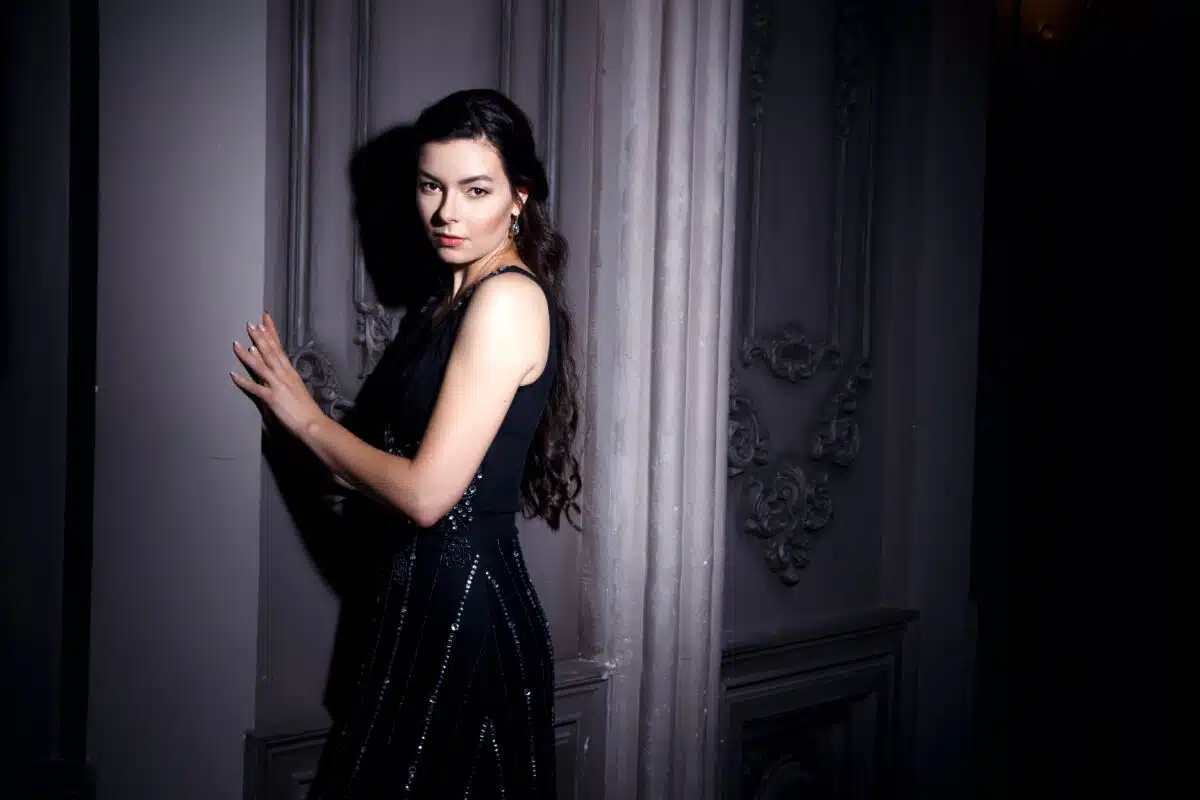
“Unrequited” by Madison Julius Cawein
Passion? not hers! who held me with pure eyes:
One hand among the deep curls of her brow,
I drank the girlhood of her gaze with sighs:
She never sighed, nor gave me kiss or vow.
So have I seen a clear October pool,
Cold, liquid topaz, set within the sere
Gold of the woodland, tremorless and cool,
Reflecting all the heartbreak of the year.
Sweetheart? not she! whose voice was music-sweet;
Whose face loaned language to melodious prayer.
Sweetheart I called her. – When did she repeat
Sweet to one hope, or heart to one despair!
So have I seen a wildflower’s fragrant head
Sung to and sung to by a longing bird;
And at the last, albeit the bird lay dead,
No blossom wilted, for it had not heard.
“You Wrong Me, Kate” by Wilfred S. Skeats
You wrong me, Kate, you wrong me
In harbouring the thought
That he who loves so fondly
Would injure thee in aught.
The pang that I must feel, Kate,
When dark suspicion lurks
Within thy breast, is real, Kate,
And mischievously works.
The tone with doubt inflected,
The calm, reproachful look,
The name of one suspected
In light arraignment spoke;
These, these enforce the heart-ache,
And instigate the strife,
And these, in chiefest part, take
The joy from out my life.
For bright within my soul, dear,
On Love’s unsullied throne,
With absolute control, dear,
Thou reignest Queen alone.
With reverence I chose thee,
With pride I placed thee there;
And none did e’er oppose thee,
And none shall ever dare.
All womankind shall merit
A just regard from me,
And all the sex inherit
A claim to courtesy;
But none has ever claimed me
Her vassal, slave or thrall,
For Kate, my heart has named thee
The sceptred Queen of all.
Then trust me, Kate, oh! trust me,
In absence, far or near,
And judge me not unjustly,
But hold my promise dear.
Will not my word content thee?
I cannot give thee more:
Oh Kate, my Kate, repent thee,
And love me as before!
“Absence” by Thomas Campbell
‘Tis not the loss of love’s assurance,
It is not doubting what thou art,
But ’tis the too, too long endurance
Of absence, that afflicts my heart.
The fondest thoughts two hearts can cherish,
When each is lonely doom’d to weep,
Are fruits on desert isles that perish,
Or riches buried in the deep.
What though, untouch’d by jealous madness,
Our bosom’s peace may fall to wreck;
Th’ undoubting heart, that breaks with sadness,
Is but more slowly doom’d to break.
Absence! is not the soul torn by it
From more than light, or life, or breath?
‘Tis Lethe’s gloom, but not its quiet,
The pain without the peace of death.

“The End” by D. H. Lawrence
If I could have put you in my heart,
If but I could have wrapped you in myself,
How glad I should have been!
And now the chart
Of memory unrolls again to me
The course of our journey here, before we had to part.
And oh, that you had never, never been
Some of your selves, my love, that some
Of your several faces I had never seen!
And still they come before me, and they go,
And I cry aloud in the moments that intervene.
And oh, my love, as I rock for you to-night,
And have not any longer any hope
To heal the suffering, or make requite
For all your life of asking and despair,
I own that some of me is dead to-night.
“Lost Love” by Alfred Lord Tennyson
I envy not in any moods
The captive void of noble rage,
The linnet born within the cage,
That never knew the summer woods;
I envy not the beast that takes
His license in the field of time,
Unfetter’d by the sense of crime,
To whom a conscience never wakes;
Nor, what may count itself as blest,
The heart that never plighted troth
But stagnates in the weeds of sloth;
Nor any want-begotten rest.
I hold it true, whate’er befall;
I feel it, when I sorrow most;
‘T is better to have loved and lost
Than never to have loved at all.
“Lenore” by Edgar Allan Poe
Ah, broken is the golden bowl! the spirit flown forever!
Let the bell toll! a saintly soul floats on the Stygian river;
And, Guy de Vere, hast thou no tear? weep now or nevermore!
See! on yon drear and rigid bier low lies thy love, Lenore!
Come! let the burial rite be read, the funeral song be sung!
An anthem for the queenliest dead that ever died so young,
A dirge for her the doubly dead in that she died so young.
“Wretches! ye loved her for her wealth and hated her for her pride,
And when she fell in feeble health, ye blessed her, that she died!
How shall the ritual, then, be read? the requiem how be sung
By you- by yours, the evil eye, by yours, the slanderous tongue
That did to death the innocence that died, and died so young?”
Peccavimus; but rave not thus! and let a Sabbath song
Go up to God so solemnly the dead may feel no wrong.
The sweet Lenore hath “gone before,” with Hope, that flew beside,
Leaving thee wild for the dear child that should have been thy bride.
For her, the fair and debonair, that now so lowly lies,
The life upon her yellow hair but not within her eyes
The life still there, upon her hair, the death upon her eyes.
“Avaunt! avaunt! from fiends below, the indignant ghost is riven,
From Hell unto a high estate far up within the Heaven,
From grief and groan, to a golden throne, beside the King of Heaven!
Let no bell toll, then, lest her soul, amid its hallowed mirth,
Should catch the note as it doth float up from the damned Earth!
And I! to-night my heart is light! no dirge will I upraise,
But waft the angel on her flight with a Paean of old days!”
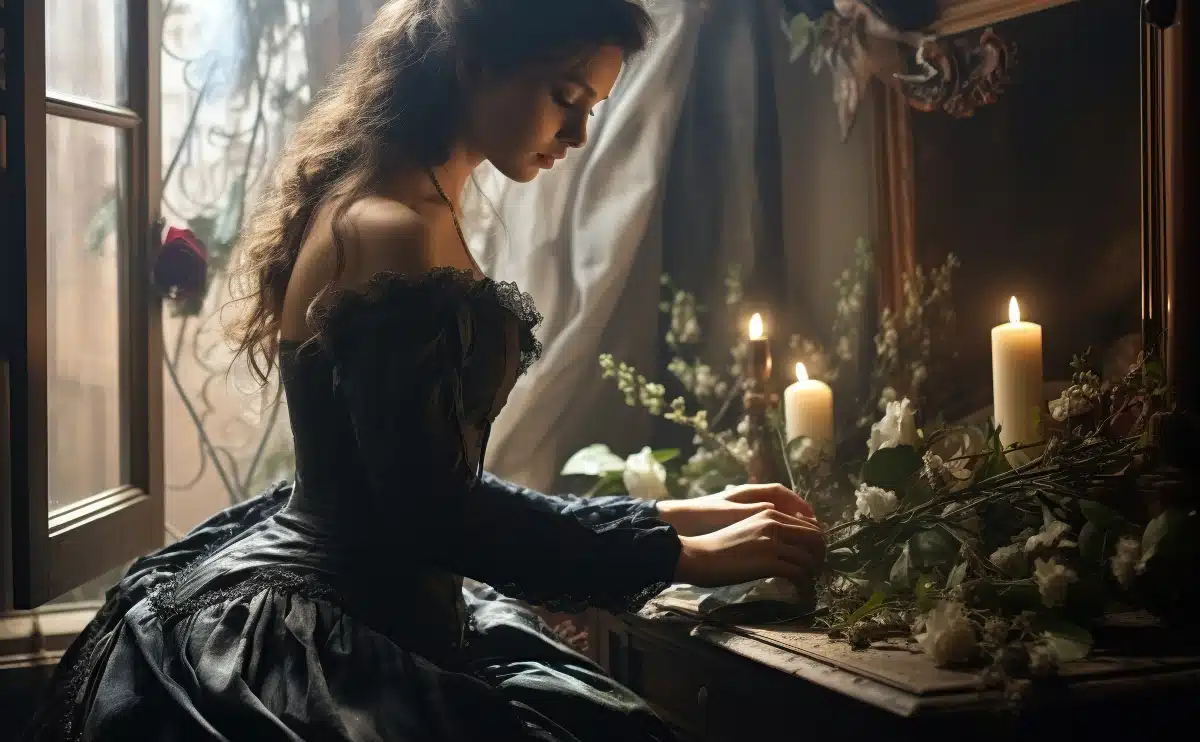
“After Many Days” by D. H. Lawrence
I wonder if with you, as it is with me,
If under your slipping words, that easily flow
About you as a garment, easily,
Your violent heart beats to and fro!
Long have I waited, never once confessed,
Even to myself, how bitter the separation;
Now, being come again, how make the best
Reparation?
If I could cast this clothing off from me,
If I could lift my naked self to you,
Or if only you would repulse me, a wound would be
Good; it would let the ache come through.
But that you hold me still so kindly cold
Aloof my flaming heart will not allow;
Yea, but I loathe you that you should withhold
Your pleasure now.
“To One in Paradise” by Edgar Allan Poe
Thou wast that all to me, love,
For which my soul did pine,
A green isle in the sea, love,
A fountain and a shrine,
All wreathed with fairy fruits and flowers,
And all the flowers were mine.
Ah, dream too bright to last!
Ah, starry Hope! that didst arise
But to be overcast!
A voice from out the Future cries,
“On! on!”, but o’er the Past
(Dim gulf!) my spirit hovering lies
Mute, motionless, aghast!
For, alas! alas! with me
The light of Life is o’er!
“No more, no more, no more”,
(Such language holds the solemn sea
To the sands upon the shore)
Shall bloom the thunder-blasted tree,
Or the stricken eagle soar!
And all my days are trances,
And all my nightly dreams
Are where thy dark eye glances,
And where thy footstep gleams,
In what ethereal dances,
By what eternal streams!
Alas! for that accursed time
They bore thee o’er the billow,
From love to titled age and crime,
And an unholy pillow!
From me, and from our misty clime,
Where weeps the silver willow!
“Bei Hennef” by D. H. Lawrence
The little river twittering in the twilight,
The wan, wondering look of the pale sky,
This is almost bliss.
And everything shut up and gone to sleep,
All the troubles and anxieties and pain
Gone under the twilight.
Only the twilight now, and the soft “Sh!” of the river
That will last for ever.
And at last I know my love for you is here,
I can see it all, it is whole like the twilight,
It is large, so large, I could not see it before
Because of the little lights and flickers and interruptions,
Troubles, anxieties and pains.
You are the call and I am the answer,
You are the wish, and I the fulfilment,
You are the night, and I the day.
What else—it is perfect enough,
It is perfectly complete,
You and I,
What more——?
Strange, how we suffer in spite of this!

“Love Is a Sickness” by Samuel Daniel
Love is a sickness full of woes,
All remedies refusing;
A plant that most with cutting grows,
Most barren with best using.
Why so?
More we enjoy it, more it dies;
If not enjoyed, it sighing cries
Heigh-ho!
Love is a torment of the mind,
A tempest everlasting;
And Jove hath made it of a kind,
Not well, nor full, nor fasting.
Why so?
More we enjoy it, more it dies;
If not enjoyed, it sighing cries
Heigh-ho?
“Absence” by Matthew Arnold
In this fair stranger’s eyes of grey
Thine eyes, my love, I see.
I shudder: for the passing day
Had borne me far from thee.
This is the curse of life! that not
A nobler calmer train
Of wiser thoughts and feelings blot
Our passions from our brain;
But each day brings its petty dust
Our soon-chok’d souls to fill,
And we forget because we must,
And not because we will.
I struggle towards the light; and ye,
Once-long’d-for storms of love!
If with the light ye cannot be,
I bear that ye remove.
I struggle towards the light; but oh,
While yet the night is chill,
Upon Time’s barren, stormy flow,
Stay with me, Marguerite, still!
“A Tear” by Henry Dryerre
I had a tear, my love. Last night,
As on my couch I lay,
I thought. “Perchance, at day,”
Thought I, “will come again the light.”
That tear unbidden came: I know
It not. Forbid the thought,
My love, that thou art sought
By tears: they are but weak, I trow.
I wept; I cannot tell thee what.
It seems as if our thought,
Whate’er it be, is not
Within the one who has the thought.
I wept, I cried—“Oh, give me thought
That is within my heart:”
Perhaps, thought I, apart,
‘Tis thou. Hast longed since last we sought?
‘Tis strange, indeed, my love. It seems
As if my thoughts in thee
Were lost, and thou of me
Didst think, and both confused as dreams.
That tear I kept, I give thee now:
‘Twas it that, first concept
Of longings deep, soft crept
Adown my cheek, nor knew its how.
For now I weep, nor know I why:
Thy thought, my love, is me,
Yet, since my thought is thee,
What thought hast thou? I sigh.
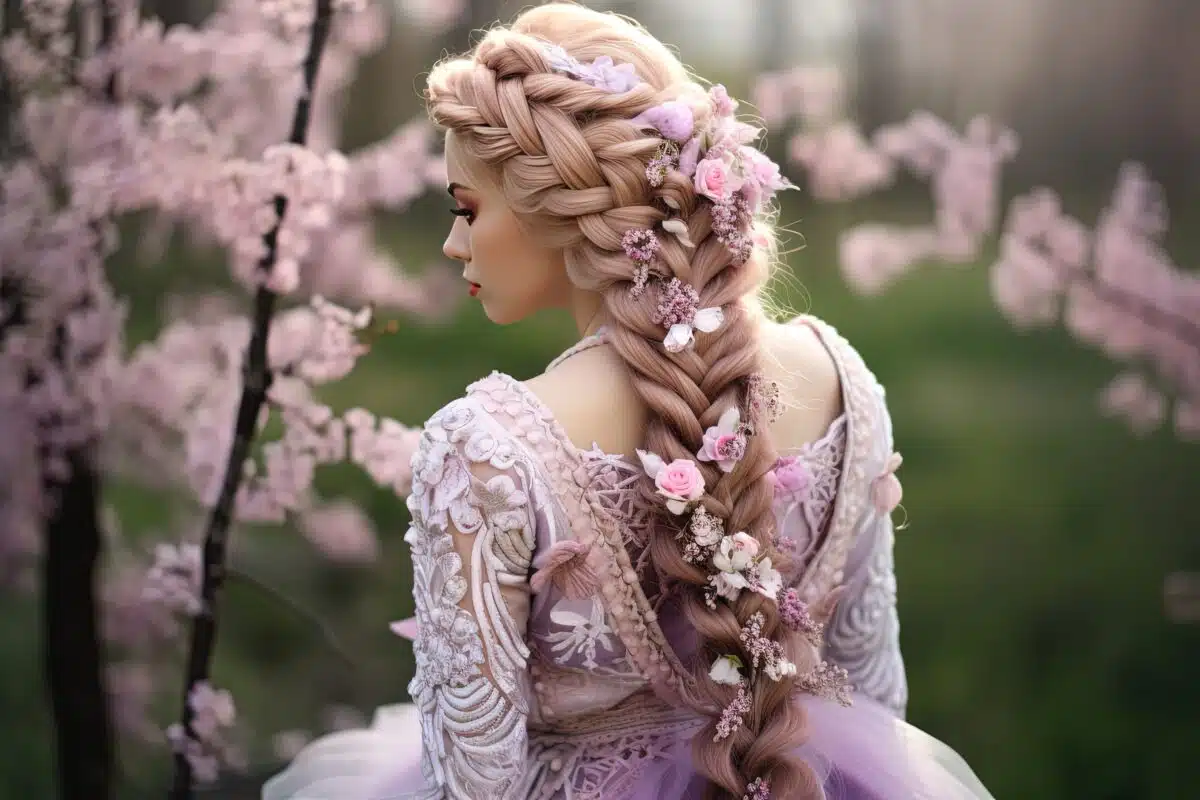
“A Face” by Henry Dryerre
It was a face of sweetness,
That gazed in mine In the pale moonshine,
Complete with love’s completeness.
Art thou my heart not nearest?
The pale moon high For morn doth sigh As I for thee, my dearest!
It was a face of sweetness
That said me nay,
And turned away,
But not with love’s completeness.
The moon above was shining:
My heart went out In throbbing doubt As there I stood repining.
O moon, thou art forsaken,
And waitest on
Until by dawn,
Thy fickle love, o’ertaken!
Shall I, for love returning,
Wait till the morn
With heart forlorn ,
Or give all loving spurning?
Love-maiden, yonder beaming Nor thou nor I
Can but reply,
Save love, all else is seeming.
Return, my face of sweetness!
For thee I long,
With needings strong
In thee I find completeness!
Romantic Lovesick Poems for Him
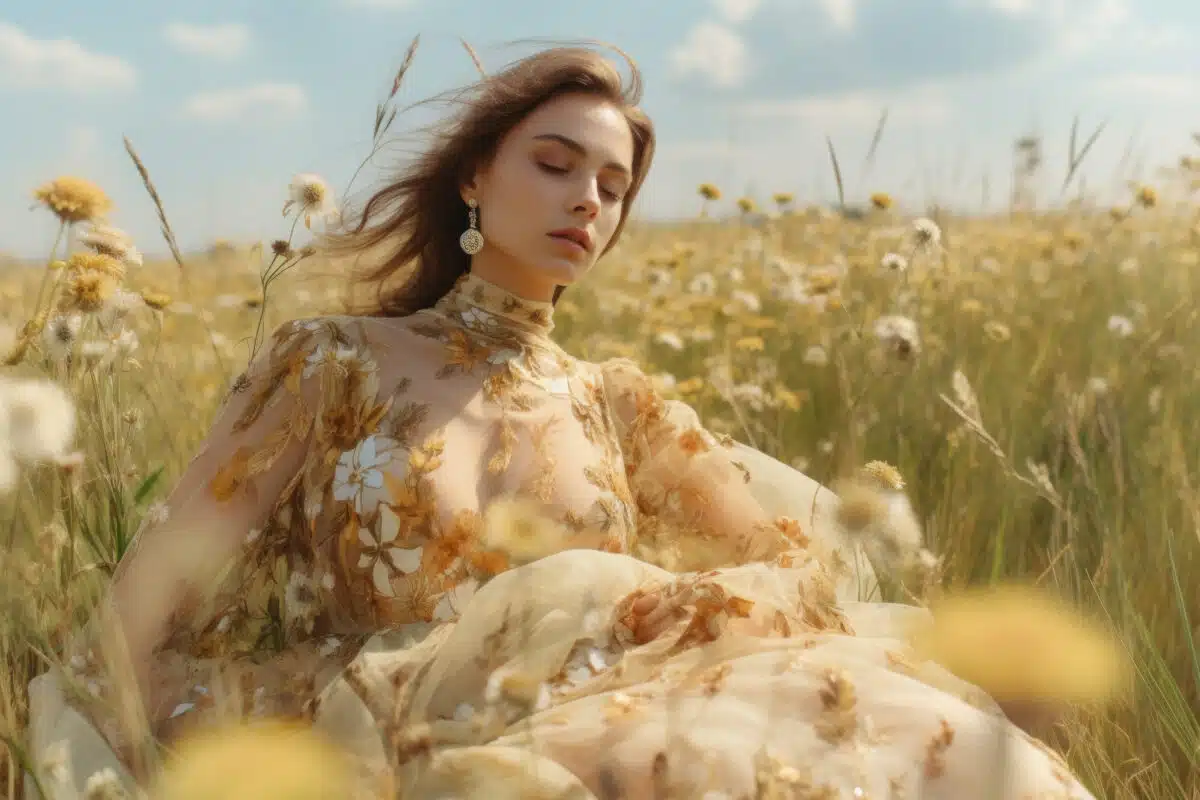
“You That Were” by John Frederick Freeman
You that were
Half my life ere life was mine;
You that on my shape the sign
Set of yours;
You that my young lips did kiss
When your kiss summed up my bliss….
Ah, once more
You to kiss were all my bliss!
You whom I
Could forget—strange, could forget
Even for days (ah, now the fret
Of my grief!);
You who loved me though forgot;
Welcomed still, reproaching not….
Ah, that now
That forgetting were forgot!
You that now
On my shoulder as I go
Put your hand that wounds me so;
You that brush
Yet my lips with that one last
Kiss that bitters all things past….
How shall I
Yet endure that kiss the last?
You that are
Where the feet of my blind grief
Find you not, nor find relief;
You that are
Where my thought flying after you
Broken falls and flies anew,
Now you’re gone
My love accusing aches for you.
“Love’s Lament” by Heinrich Heine (Edgar Alfred Bowring, Translator)
On night’s secrecy relying,
Silently I breathe my woes;
From the haunts of mortals flying,
Where the cup of pleasure flows.
Down my cheeks run tears all burning,
Silently, unceasingly;
But my bosom’s fiery yearning
Quench’ed by tears can never be.
When a laughing urchin, gaily
Many a merry game I play’d;
In life’s sunshine basking daily,
Knowing nought of grief or shade.
For a garden of enjoyment
Was the world I then lived in,
Tending flowers my sole employment,
Roses, violets, jessamine.
By the brook’s side, on the meadow,
Sweetly mused I in those days;
Now I see a pale thin shadow,
When upon the brook I gaze.
Pale and thin my grief hath made me,
Since mine eyes upon her fell;
Secret sorrows now pervade me,
Wonderful and hard to tell.
Deep within my heart I cherish’d
Angel forms of peace and love,
Which have fled, their short joys perish’d,
To their starry home above.
Ghastly shadows rise unbidden,
Black night round mine eyes is thrown;
In my trembling breast is hidden
A sad whisp’ring voice unknown.
Unknown sorrows, unknown anguish
Toss me wildly to and fro,
And I pine away and languish,
Tortured by an unknown glow.
But the cause why I am lying
Rack’d by fiery torments now,—
Why from very grief I’m dying,—
Love, behold!—The cause art thou!
“Years Ago” by George Pope Morris
Near the banks of that lone river,
Where the water-lilies grow,
Breathed the fairest flower that ever
Bloomed and faded years ago.
Now we met and loved and parted,
None on earth can ever know—
Nor how pure and gentle-hearted
Beamed the mourned one years ago!
Like the stream with lilies laden,
Will life’s future current flow,
Till in heaven I meet the maiden
Fondly cherished years ago.
Hearts that love like mine forget not;
They’re the same in weal or wo;
And that star of memory set not
In the grave of years ago.
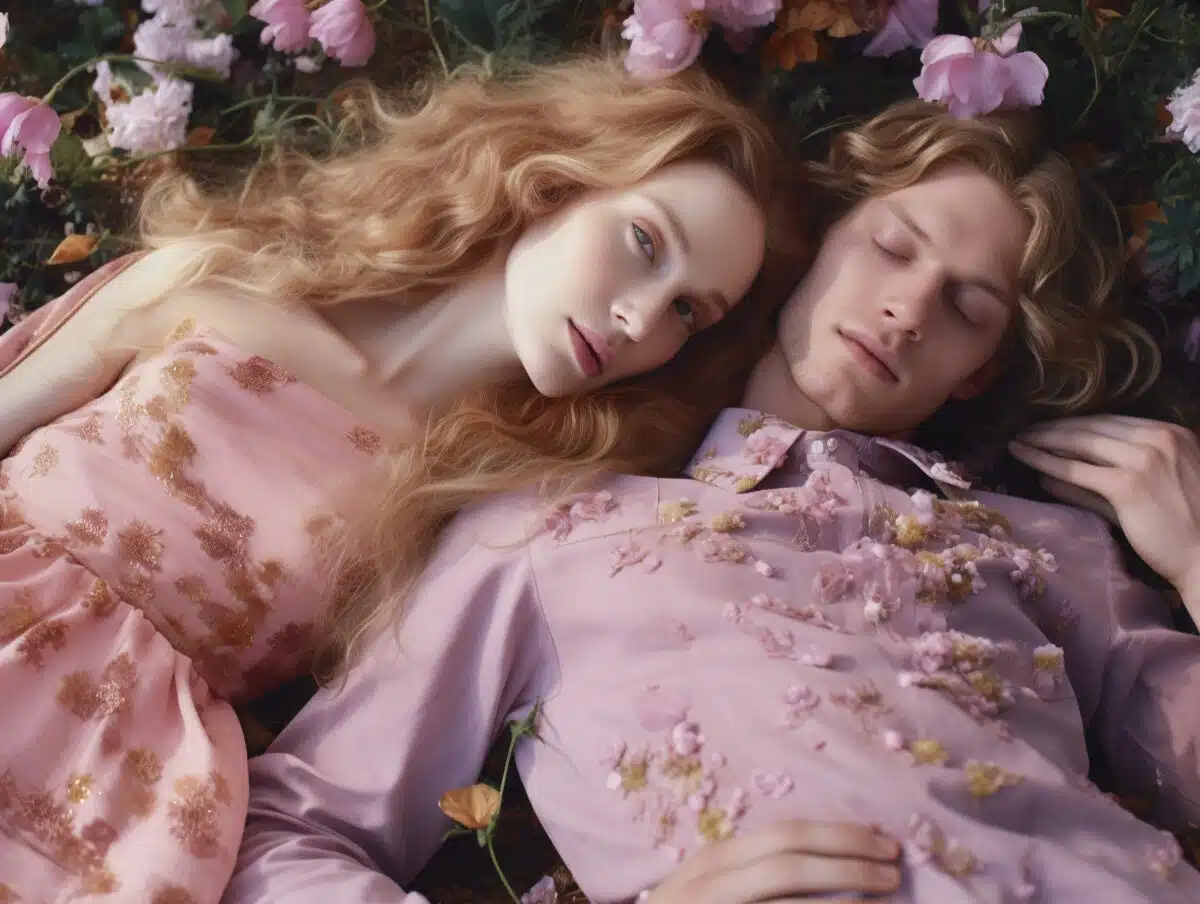
“Longing” by Matthew Arnold
Come to me in my dreams, and then
By day I shall be well again!
For so the night will more than pay
The hopeless longing of the day.
Come, as thou cam’st a thousand times,
A messenger from radiant climes,
And smile on thy new world, and be
As kind to others as to me!
Or, as thou never cam’st in sooth,
Come now, and let me dream it truth,
And part my hair, and kiss my brow,
And say, My love why sufferest thou?
Come to me in my dreams, and then
By day I shall be well again!
For so the night will more than pay
The hopeless longing of the day.
“Let Us Forget” by James Whitcomb Riley
Let us forget. What matters it that we
Once reigned o’er happy realms of long-ago,
And talked of love, and let our voices low,
And ruled for some brief sessions royally?
What if we sung, or laughed, or wept maybe?
It has availed not anything, and so
Let it go by that we may better know
How poor a thing is lost to you and me.
But yesterday I kissed your lips, and yet
Did thrill you not enough to shake the dew
From your drenched lids – and missed, with no regret,
Your kiss shot back, with sharp breaths failing you;
And so, to-day, while our worn eyes are wet
With all this waste of tears, let us forget!
“Absence” by John Frederick Freeman
Distance no grace can lend you, but for me
Distance yet magnifies your mystery.
With you, and soon content, I ask how should
In your two eyes be hid my heaven of good?
How should your own mere voice the strange words speak
That tease me with the sense of what’s to seek
In all the world beside? How your brown hair,
That simply and neglectfully you wear,
Bind my wild thoughts in its abundant snare?
With you, I wonder how you’re stranger than
Another woman to another man;
But parted–and you’re as a ship unknown
That to poor castaways at dawn is shown
As strange as dawn, so strange they fear a trick
Of eyes long-vexed and hope with falseness sick.
Parted, and like the riddle of a dream,
Dark with rich promise, does your beauty seem.
I wonder at your patience, stirless peace,
Your subtle pride, mute pity’s quick release.
Then are you strange to me and sweet as light
Or dew; as strange and dark as starless night.
Then let this restless parting be forgiven:
I go from you to find in you strange heaven.
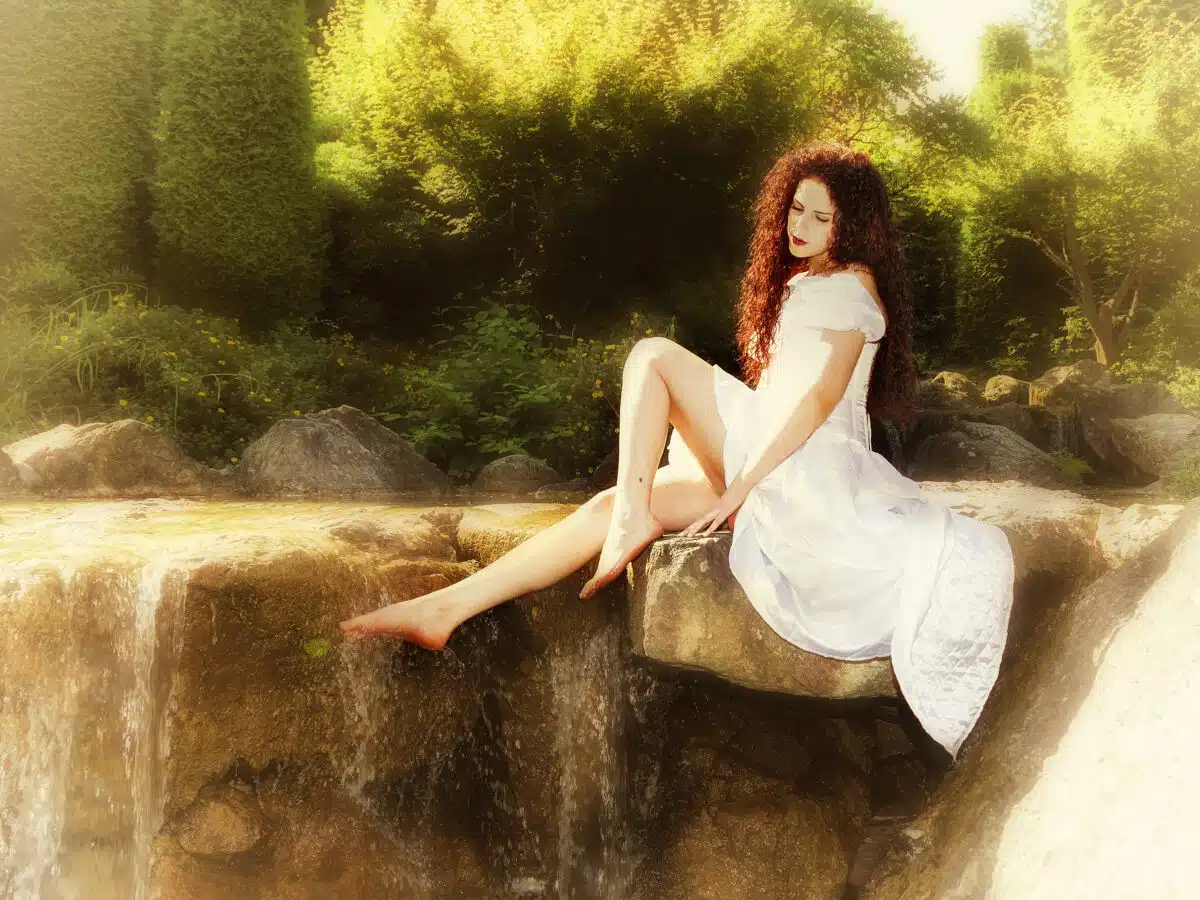
“Waiting and Wishing” by Henry Kendall
I loiter by this surging sea,
Here, by this surging, sooming sea,
Here, by this wailing, wild-faced sea,
Dreaming through the dreamy night;
Yearning for a strange delight!
Will it ever, ever, ever fly to me,
By this surging sea,
By this surging, sooming sea,
By this wailing, wild-faced sea?
I know some gentle spirit lives,
Some loving, lonely spirit lives,
Some melancholy spirit lives,
Walking o’er the earth for me,
Searching round the world for me!
Will she ever, ever, ever hither come?
Where the waters roam,
Where the sobbing waters roam!
Where the raving waters roam!
All worn and wasted by the storms,
All gapped and fractured by the storms,
All split and splintered by the storms,
Overhead the caverns groan,
Gloomy, ghastly caverns groan!—
Will she ever, ever, ever fill this heart?
Peace, O longing heart!
Peace, O longing, beating heart!
Peace, O beating, weary heart!
“Waiting” by Paul Laurence Dunbar
The sun has slipped his tether
And galloped down the west.
(Oh, it’s weary, weary waiting, love.)
The little bird is sleeping
In the softness of its nest.
Night follows day, day follows dawn,
And so the time has come and gone:
And it’s weary, weary waiting, love.
The cruel wind is rising
With a whistle and a wail.
(And it’s weary, weary waiting, love.)
My eyes are seaward straining
For the coming of a sail;
But void the sea, and void the beach
Far and beyond where gaze can reach!
And it’s weary, weary waiting, love.
I heard the bell-buoy ringing-
How long ago it seems!
(Oh, it’s weary, weary waiting, love.)
And ever still, its knelling
Crashes in upon my dreams.
The banns were read, my frock was sewn;
Since then two seasons’ winds have blown-
And it’s weary, weary waiting, love.
The stretches of the ocean
Are bare and bleak to-day.
(Oh, it’s weary, weary waiting, love.)
My eyes are growing dimmer-
Is it tears, or age, or spray?
But I will stay till you come home.
Strange ships come in across the foam!
But it’s weary, weary waiting, love.
“When Shall We Meet Again?” by John Clare
How many times Spring blossoms meek
Have faded on the land
Since last I kissed that pretty cheek,
Caressed that happy hand.
Eight time the green’s been painted white
With daisies in the grass
Since I looked on thy eyes so bright,
And pressed my bonny lass.
The ground lark sung about the farms,
The blackbird in the wood,
When fast locked in each other’s arms
By hedgerow thorn we stood.
It was a pleasant Sabbath day,
The sun shone bright and round,
His light through dark oaks passed, and lay
Like gold upon the ground.
How beautiful the blackbird sung,
And answered soft the thrush;
And sweet the pearl-like dew-drops hung
Upon the white thorn bush.
O happy day, eight years ago!
We parted without pain:
The blackbird sings, primroses blow;
When shall we meet again?
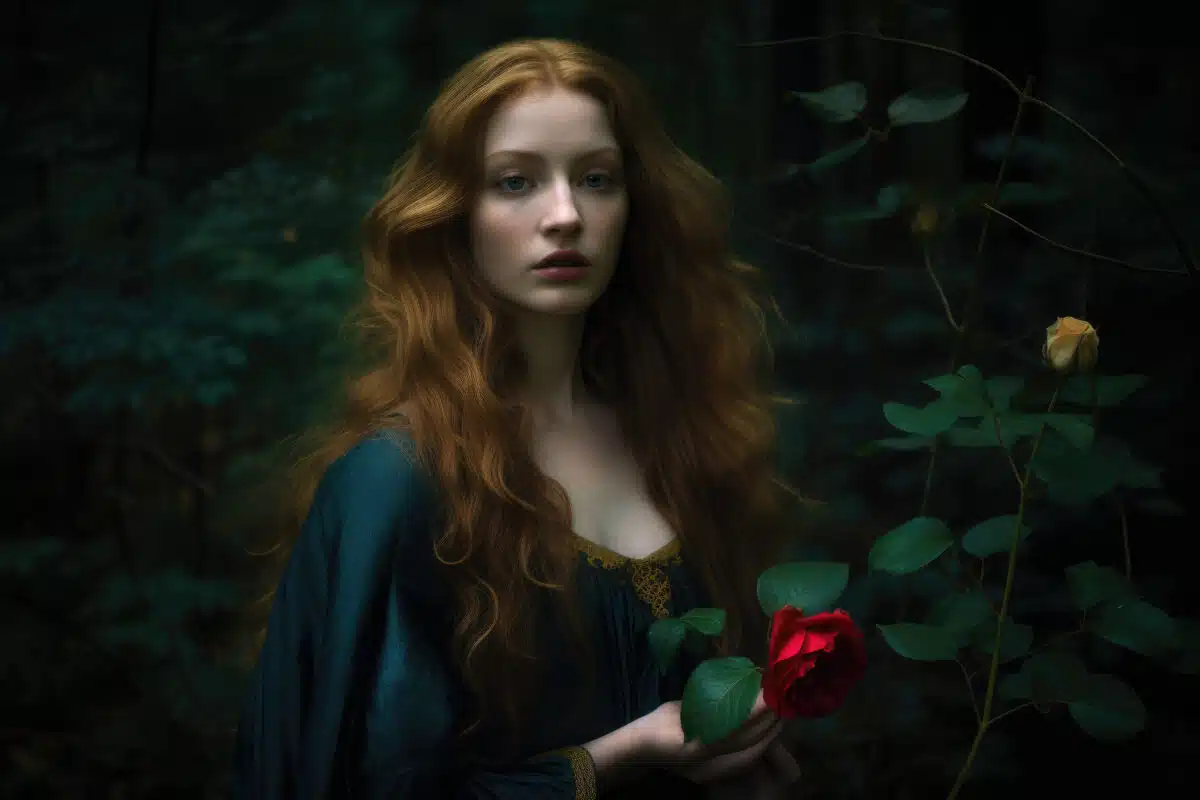
“When The Rose Is Faded” by Walter De La Mare
When the rose is faded,
Memory may still dwell on
Her beauty shadowed,
And the sweet smell gone.
That vanishing loveliness,
That burdening breath
No bond of life hath then
Nor grief of death.
‘Tis the immortal thought
Whose passion still
Makes of the changing
The unchangeable.
Oh, thus thy beauty,
Loveliest on earth to me,
Dark with no sorrow, shines
And burns, with Thee.
“Silence” by D. H. Lawrence
Since I lost you I am silence-haunted,
Sounds wave their little wings
A moment, then in weariness settle
On the flood that soundless swings.
Whether the people in the street
Like pattering ripples go by,
Or whether the theatre sighs and sighs
With a loud, hoarse sigh:
Or the wind shakes a ravel of light
Over the dead-black river,
Or night’s last echoing
Makes the daybreak shiver:
I feel the silence waiting
To take them all up again
In its vast completeness, enfolding
The sound of men.
“A Love Song” by D. H. Lawrence
Reject me not if I should say to you
I do forget the sounding of your voice,
I do forget your eyes that searching through
The mists perceive our marriage, and rejoice.
Yet, when the apple-blossom opens wide
Under the pallid moonlight’s fingering,
I see your blanched face at my breast, and hide
My eyes from diligent work, malingering.
Ah, then, upon my bedroom I do draw
The blind to hide the garden, where the moon
Enjoys the open blossoms as they straw
Their beauty for his taking, boon for boon.
And I do lift my aching arms to you,
And I do lift my anguished, avid breast,
And I do weep for very pain of you,
And fling myself at the doors of sleep, for rest.
And I do toss through the troubled night for you,
Dreaming your yielded mouth is given to mine,
Feeling your strong breast carry me on into
The peace where sleep is stronger even than wine.
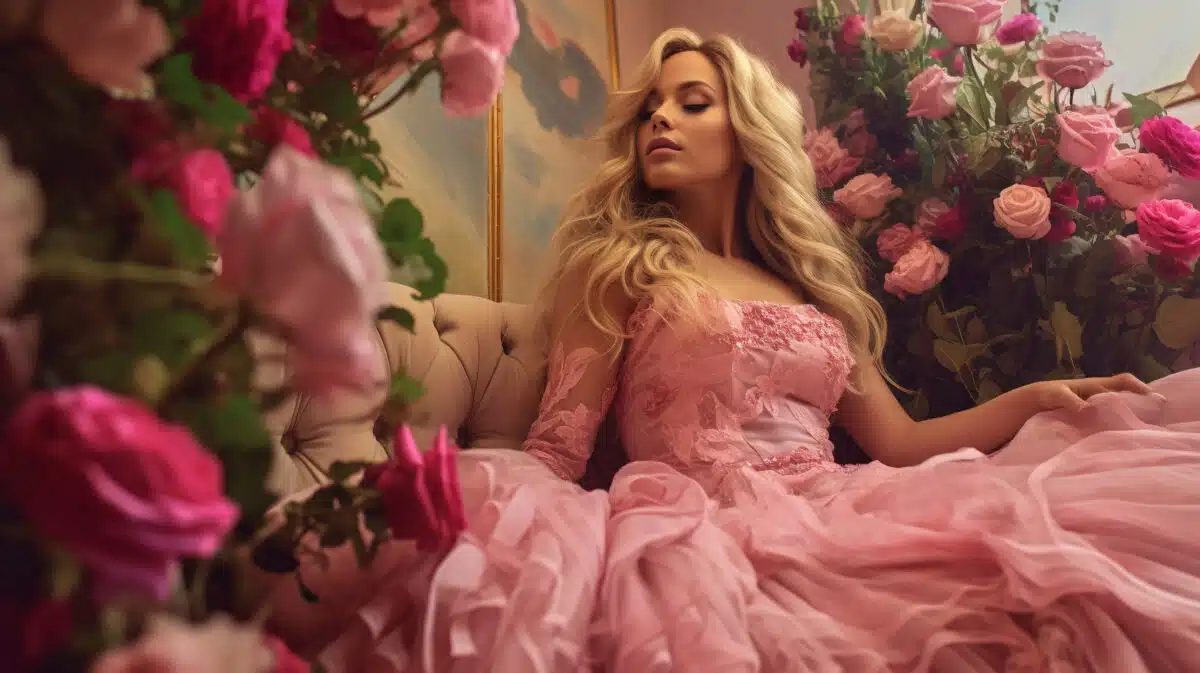
“A Rose” by Iris Tree
What do you ask of me with your beauty, what are you urging
Of labour and painful aspiring to flatter your perfection?
What secretness of love with terrible blushes surging
Unseen, have found in you at last their passionate reflection?
What dreams that lovers knew, as sleep with subtle magic
Tore off the rags of life and made her dance with body spangled,
Drew back the vacant hours, the tedious and the tragic,
And showed the glittering souls from bodies we had mangled;—
What visions made you, emblem of longing and love that has died unrequited,
And all lost joys, and tears, and beauty passionately given,
Winked at by folly, skewered by the butcher, danced on and slighted,
That now spring up from death, showing their slayers the colours of Heaven?
You have burst from the ground with your joy, you are pining and bleeding,
Your scent is heavy with sorrowful love; oh, memories clinging,
What do you ask of my soul with such fierceness of pleading,
I that was glad to forget … What do you need of my singing?
From “Flame: IV” by Iris Tree
Long ago we walked together in a garden;
It was evening and the leaves fell down;
Silently we passed over the dead, the fallen,
Over flowers and branches that were withered there—
And the air was weary with the scent of other days,
A fragrance faint and pensive.
The sighing of the leaves beneath our feet
Were as old dreams retold,
Stirred from the golden quilt of memory,
And farewells rang their whispering bells,
Tolling the days away.
But peace lay folded between our hands
As we thought of the vanishing years
And of love dying in the arms of love.
“Rivalry in Love” by William Walsh
Of all the torments , all the cares,
With which our lives are curst;
Of all the plagues a lover bears,
Sure rivals are the worst!
By partners in each other kind,
Afflictions easier grow;
In love alone we hate to find
Companions of our woe
Sylvia, for all the pangs you see
Are lab’ring in my breast,
I beg not you would favor me,
Would you but slight the rest!
How great soe’er your rigors are,
With them alone I’ll cope;
I can endure my own despair,
But not another’s hope.
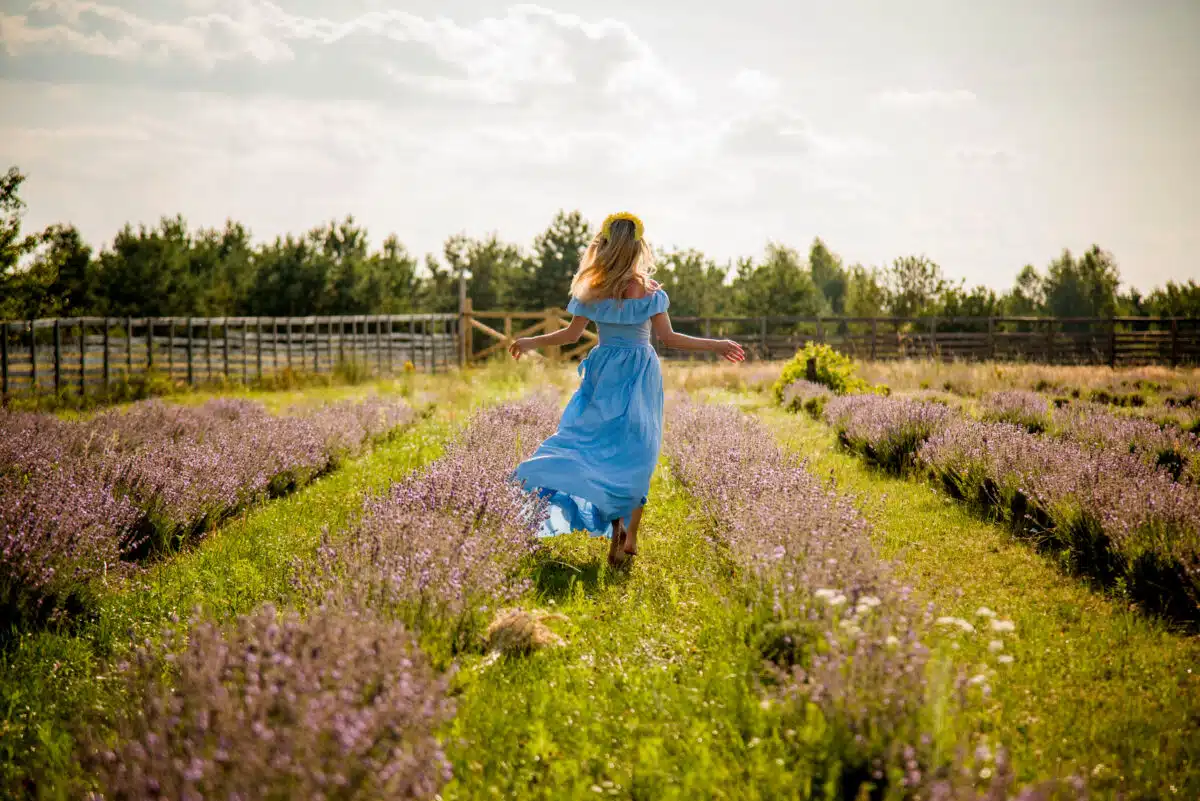
“Thou And I” by Henry Dryerre
When thou and I
Fall out—good-bye !
Without a doubt
That tear and sigh And scornful pout
Shall in the morning be forgot,
And longing fill each vacant thought.
Inquirest why?
‘Tis thou and I!
For thou and I
May pale and sigh,
And part in pain,
Yet, love will cry
To meet again.
More, more than words, yea, thoughts are we,
Deeper than all we know and see
Are thou and I
Who say good-bye.
So, thou and I
May moan and sigh,
And part in pain,
Nor know the why
We kiss again:
We only know ’tis love, my dear,
And love is sweeter for each tear
Yea, for each sigh And sad good-bye.
“Love’s Secret” by William Blake
Never seek to tell thy love,
Love that never told can be;
For the gentle wind doth move
Silently, invisibly.
I told my love, I told my love,
I told her all my heart,
Trembling, cold, in ghastly fears:
Ah! she did depart.
Soon after she was gone from me
A traveller came by,
Silently, invisibly:
He took her with a sigh.
“Ulalume” by Edgar Allan Poe
The skies they were ashen and sober;
The leaves they were crisped and sere—
The leaves they were withering and sere;
It was night in the lonesome October
Of my most immemorial year:
It was hard by the dim lake of Auber,
In the misty mid region of Weir—
It was down by the dank tarn of Auber,
In the ghoul-haunted woodland of Weir.
Here once, through and alley Titanic,
Of cypress, I roamed with my Soul—
Of cypress, with Psyche, my Soul.
These were days when my heart was volcanic
As the scoriac rivers that roll—
As the lavas that restlessly roll
Their sulphurous currents down Yaanek
In the ultimate climes of the pole—
That groan as they roll down Mount Yaanek
In the realms of the boreal pole.
Our talk had been serious and sober,
But our thoughts they were palsied and sere—
Our memories were treacherous and sere,—
For we knew not the month was October,
And we marked not the night of the year
(Ah, night of all nights in the year!)—
We noted not the dim lake of Auber
(Though once we had journeyed down here)—
Remembered not the dank tarn of Auber,
Nor the ghoul-haunted woodland of Weir.
And now, as the night was senescent
And star-dials pointed to morn—
As the star-dials hinted of morn—
At the end of our path a liquescent
And nebulous lustre was born,
Out of which a miraculous crescent
Arose with a duplicate horn—
Astarte’s bediamonded crescent
Distinct with its duplicate horn.
And I said: “She is warmer than Dian;
She rolls through an ether of sighs—
She revels in a region of sighs:
She has seen that the tears are not dry on
These cheeks, where the worm never dies,
And has come past the stars of the Lion
To point us the path to the skies—
To the Lethean peace of the skies—
Come up, in despite of the Lion,
To shine on us with her bright eyes—
Come up through the lair of the Lion,
With love in her luminous eyes.”
But Psyche, uplifting her finger,
Said: “Sadly this star I mistrust—
Her pallor I strangely mistrust:
Ah, hasten! —ah, let us not linger!
Ah, fly!—let us fly! —for we must.”
In terror she spoke, letting sink her
Wings until they trailed in the dust—
In agony sobbed, letting sink her
Plumes till they trailed in the dust—
Till they sorrowfully trailed in the dust.
I replied: “This is nothing but dreaming:
Let us on by this tremulous light!
Let us bathe in this crystalline light!
Its Sybilic splendour is beaming
With Hope and in Beauty tonight!—
See!—it flickers up the sky through the night!
Ah, we safely may trust to its gleaming,
And be sure it will lead us aright—
We safely may trust to a gleaming,
That cannot but guide us aright,
Since it flickers up to Heaven through the night.”
Thus I pacified Psyche and kissed her,
And tempted her out of her gloom—
And conquered her scruples and gloom;
And we passed to the end of the vista,
But were stopped by the door of a tomb—
By the door of a legended tomb;
And I said: “What is written, sweet sister,
On the door of this legended tomb?”
She replied: “Ulalume—Ulalume—
‘Tis the vault of thy lost Ulalume!”
Then my heart it grew ashen and sober
As the leaves that were crisped and sere—
As the leaves that were withering and sere;
And I cried: “It was surely October
On this very night of last year
That I journeyed—I journeyed down here!—
That I brought a dread burden down here—
On this night of all nights in the year,
Ah, what demon hath tempted me here?
Well I know, now, this dim lake of Auber—
This misty mid region of Weir—
Well I know, now, this dank tarn of Auber,
This ghoul-haunted woodland of Weir.”
